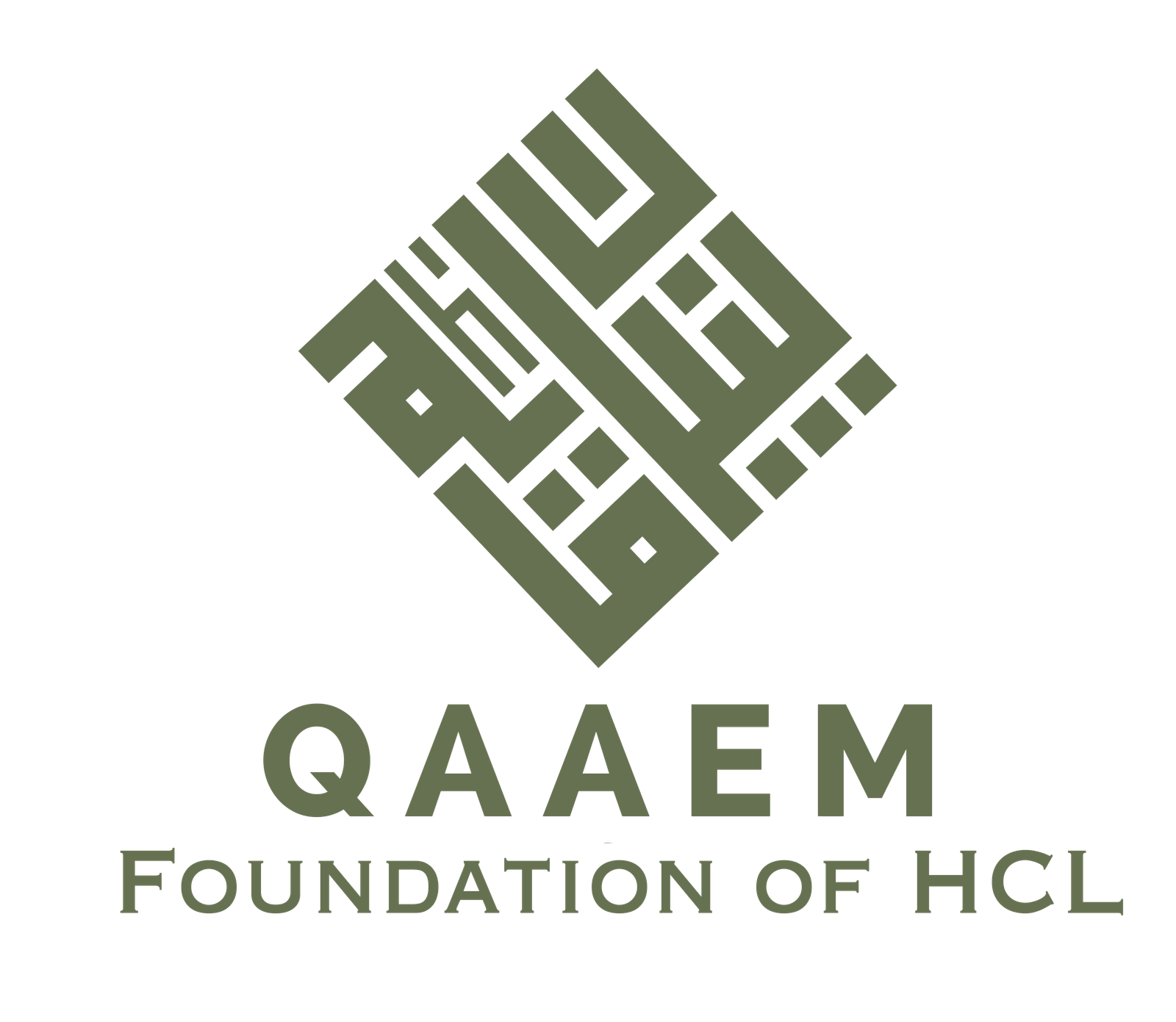Quran and Ahkaam classes for children are designed to provide a comprehensive understanding of the Quran and Islamic jurisprudence (Ahkaam). These classes aim to instill strong religious foundations and ethical values in young learners.
Quran Studies: The primary focus of these classes is to teach children to read, understand, and memorize the Quran:
Quran Recitation: Teaching proper pronunciation (Tajweed) and recitation techniques to ensure children can read the Quran accurately.
Memorization (Hifz): Encouraging children to memorize short Surahs and gradually advancing to longer chapters.
Understanding the Quran: Providing age-appropriate explanations of the Quranic verses to help children grasp their meanings and significance.
Ahkaam (Islamic Jurisprudence): Alongside Quranic studies, the classes cover essential aspects of Islamic jurisprudence:
Basic Islamic Practices: Introducing children to the fundamental principles of Ahkaam, including daily prayers, fasting, and other acts of worship.
Moral and Ethical Values: Teaching children about Islamic ethics, manners, and the importance of good character,
Practical Application: Guiding children on how to apply Islamic laws in their daily lives, fostering a practical understanding of their faith.
Interactive Learning: To make learning engaging and effective, the classes incorporate various interactive methods:
Storytelling: Using stories from the Quran and Hadith to illustrate key concepts and lessons.
Group Activities: Organizing group discussions, projects, and activities to encourage collaborative learning and reinforce understanding.
Multimedia Resources: Utilizing videos, audio recordings, and educational games to enhance the learning experience.
Community and Family Involvement: These classes also aim to involve the community and families in the learning process:
Parent Participation: Encouraging parents to support their children’s learning at home and participate in class activities.
Community Events: Hosting events and gatherings where children can showcase their progress and engage with the broader community.
Regular Assessments: Providing feedback and assessments to track each child’s progress and identify areas for improvement.
Strong Religious Foundation: Building a solid understanding of the Quran and Islamic teachings.
Moral Development: Instilling ethical values and good character in children.
